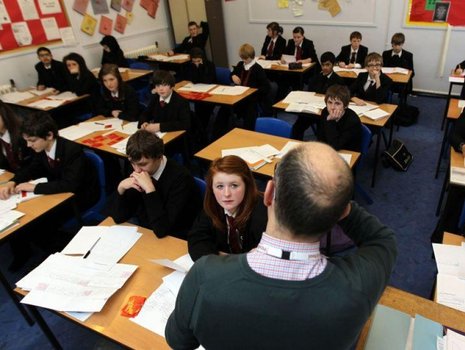News
How to get every pupil focused on learning
In the book Why Don’t Students Like School?, Professor Daniel Willingham writes that “people are naturally curious, but we are not naturally good thinkers; unless the cognitive conditions are right, we will avoid thinking”.
Given that he also reminds us that “memory is the residue of thought”, this poses something of a challenge for teachers: if we want pupils to remember what they have been taught, they need to think about it. But people avoid thinking.
What is a teacher to do?
Pupils perform better with teachers of the same race and sex, research suggests
19th December 2017
Children are more likely to try harder and aim higher in school if their teachers are from the same demographic group, academics say
Pupils whose teacher is the same sex and race as them are more likely to understand what they are learning, research shows.
Students who shared these characteristics with their teachers were also more likely to think about going to university than those whose teachers were of a different race or sex.
Two academics tracked around 3,000 teachers and more than 80,000 pupils, across six US states.
Anna Egalite, from North Carolina State University, and Brian Kisida, from the University of Missouri, then asked the pupils to evaluate their teachers. In particular, they were interested in the way that pupils of different races rated the same teachers.
Uganda's High Court has ordered the closure of a chain of private schools over concerns about poor sanitation and its curriculum.
The Bridge International Academies group says it offers affordable, high-quality education to its 12,000 pupils, who often come from poor families.
The Education Ministry says the 63 schools must now close immediately.
The group, supported by foundations such as those set up by Mark Zuckerberg and Bill Gates, says it will appeal.
Africa Live: More on this and other stories
A judge said the Bridge International school authorities had been given several opportunities to meet the national standards but had failed to do so.



